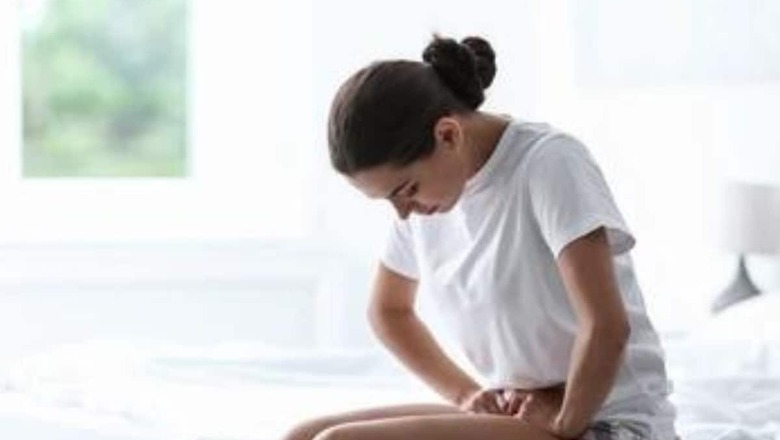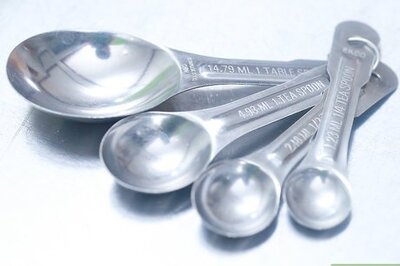
views
There are a lot of issues women face during intercourse. Some are worried about vaginal dryness, and some experience chronic pain and irritation while having sex. These can sometimes be a symptom of endometriosis. According to the World Health Organisation, the condition, “affects roughly 10% (190 million) of reproductive-age women and girls globally.” A woman suffering from this medical condition may have tissues similar to the lining of the uterus growing outside of it, causing pain and discomfort. Endometriosis can develop during a woman’s first period and persist through menopause.
However, one of the main issues faced by women with endometriosis is the difficulty in having sex with their partners. It often makes them feel less about themselves and strains their relationship with their partners.
Therefore, one may follow these tips to make their intimate relations stronger and pain-free.
- Foreplay: Take your time building intimacy with some enjoyable foreplay rather than diving right into sex, which you might not be in the mood for. Before engaging in sexual penetration, you might feel more connected to your partner and more aroused. This can build natural lubrication and help ease the process of penetrative sex in your condition.
- External lubrication: Using lubricant can make sex easier and more enjoyable for both you and your partner, even when pain or the prospect of it can make it difficult to get aroused.
- Experiment with positions: For women suffering from endometriosis, certain customary sex positions might not be satisfying and can cause pain. It’s ok to experiment a little until you discover positions that are pleasant and comfortable for both of you.
- Talk to your partner: While many women face this medical condition, their partners might not be aware of how it affects them. Make them aware of the changes in your body brought on by your medical condition as well as your anticipation and fear following the illness.
- Treatment: According to the WHO, there is currently no cure for endometriosis; instead, efforts are typically made to manage symptoms. The pain followed by this condition is frequently treated with analgesics (painkillers) and non-steroidal anti-inflammatory medicines (NSAIDs). Lesions, adhesions, and scar tissue caused by endometriosis can occasionally be removed surgically. But, one must visit their gynaecologist for the right treatment.
Read all the Latest Lifestyle News here




















Comments
0 comment